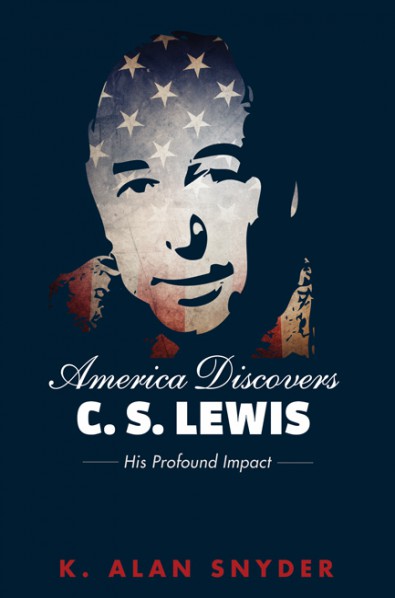I continue to teach as an adjunct professor at Southeastern University in Lakeland, Florida. This recent adjunct status after fourteen years as a full-time professor at SEU, while distressing at first (a slew of us lost our full-time positions in the wake of COVID), has offered me the grand opportunity of teaching upper-level history courses of my choice. One of those, which I have taught now ever since my academic sabbatical in 2014-2015, is my course on C. S. Lewis.
Every time I teach this course I begin by asking the students what they have read by Lewis. Some are well acquainted with his works; that’s why they are taking the course—they want more depth. Most, though, if they have read Lewis at all, have confined their reading to parts of the Narnia Chronicles, or, to a lesser extent, some of his Mere Christianity or The Screwtape Letters. Consequently, they are ripe for an immersion in the wide scope of what Lewis has written.
I do cover key chapters in Mere Christianity, and we do read Screwtape all the way through (one must see the end of that story), but I start them off with Lewis’s autobiographical Surprised by Joy. It’s important to get to know Lewis the person before delving into his Christian writings. His background as a skeptic/atheist who walked away from the faith allows them to see how God worked in his life to grab his attention and bring him to his knees—literally.
One of my favorite Lewis books, The Great Divorce, follows Screwtape, giving them a good dose of Lewisian fiction. Later, I add to that with The Last Battle. I choose that final Narnian novel for two reasons: nearly all of them are familiar with the early books, and the ending of The Last Battle, as we are introduced into the New Narnia, is Lewis at his most poignant.
This will be the first time I won’t be requiring The Abolition of Man. That was a difficult decision, but the schedule (with two holidays and spring break) cut into my time allotment. No worries, though. I’ll provide a solid overview of the significance of this masterful work and then follow it up with what Lewis himself referred to as the novelization of the tenets in Abolition—the third installment of his Ransom Trilogy, and my favorite of the three, That Hideous Strength.
The final book they will read is A Grief Observed, which Lewis wrote in the throes of his wife’s death. It reveals another side of Lewis that students truly appreciate, if their comments are any indication.
I also introduce them to two of my favorite Lewis essays: “Learning in War-time” and “The Weight of Glory.” If one wishes to find some of Lewis’s most famous and often-repeated quotes, those two essays are front and center.
I end the course with a foray into my first book on Lewis, with the focus on his contacts with Americans. In this way, I hope to show students the impact he has had on the spiritual lives of many Americans. We are a major part of his legacy.
This Lewis course is not the only time I will be able to concentrate on Lewis this year. From April to June, I will be teaching a course on The Four Loves at my church. It’s the first time I’ve attempted to offer that particular book; I’m looking forward to it.
Further, the Inklings gatherings that we have locally, and for which I have taken the oversight, will continue every other Friday at a coffee house. These are times of refreshing for all who come. At one point, I thought the gatherings would die out, but I have been pleasantly surprised by the influx of new attendees—students, alumni, professors, and people they know and invite. We’ve been doing this now for about seven years.
I’ll add this. I wrote an article on Lewis that is slated to be published in the next volume of the Wade Center’s journal VII. When that appears, I’ll have more to say about it.
I praise the Lord for all of these opportunities. I do wish I could take advantage of even more, like the Lewis Foundation’s conference in Belfast and the next Romanian Inklings conference. Well, I just need to be grateful for what I have. And that’s not hard to do.



